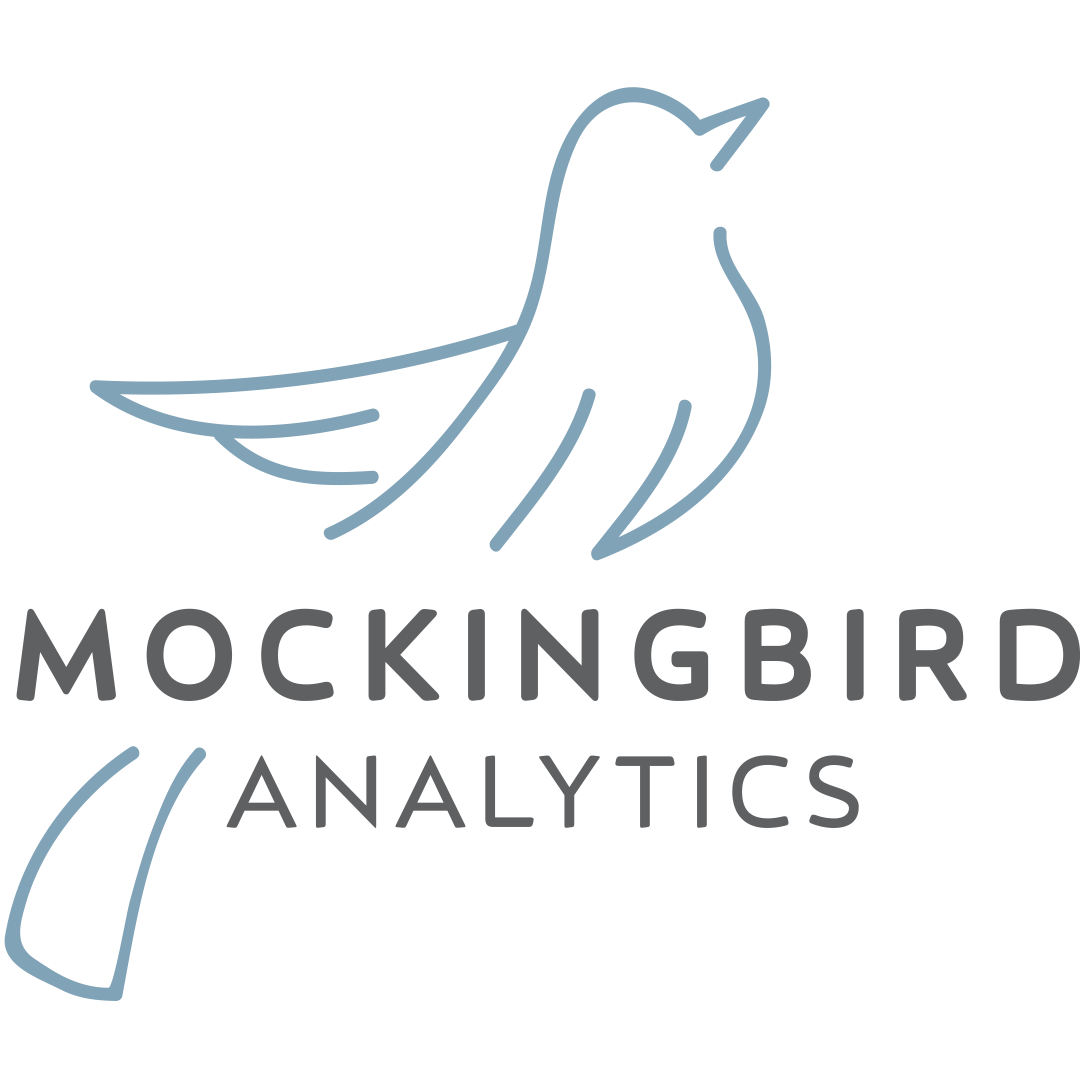A Tale of Two Models: Fiscal Sponsorship
Fiscal sponsorship is sort of like a big brother or big sister lending their bike to a younger sibling who wants to bike over to a taco stand. The older sibling (fiscal sponsor) lets their younger sibling take their bike out so they can get to the tacos more quickly. However, the older sibling is the owner of said bike and liable for all repairs and what happens to it. The older sibling also might request that the little sibling bring them back a taco (a small fee for services). This is the simplified way to explain fiscal sponsorship.
A fiscal sponsor is usually a well established nonprofit that is willing to lend its 501(c)(3) status to a smaller group that hasn't filed for a tax status, doesn't have the means to financially cover its administrative costs or to start fundraising for tax deductible donations. Essentially the fiscal sponsor is allowing a smaller nonprofit to come in under its umbrella and in many cases the fiscal sponsor will help manage workflow through HR and IT services. They do this as a means to assist expansion of their own mission focus and they take in a small admin fee for their services, anywhere from 5-15%.
This can be a very beneficial partnership depending on where you are starting in the social sector. For a nonprofit that hasn't filed for 501(c)(3) status, needs guidance and assistance with administrative duties, and a way to receive tax deductible donations, this could be a great stepping stone and an educational process.
Two Common Models
The way that you and a fiscal sponsor divide up administrative tasks and donations is dependent on what model you sign up for in the beginning, and there are MANY variations on models.
Most fiscal sponsorships go the route of the comprehensive model-meaning that the fiscal sponsor will allow you to run programming however the fiscal sponsor is liable for your work and programming. All employees in your startup will be considered volunteers or employees of the fiscal sponsor hence their benefits and payroll will be coming from the fiscal sponsor. With fundraising however all donations and funds will be sent to the fiscal sponsor making them a tax deductible donation. The fiscal sponsor in turn will decide how to delegate and where to spend the donations. Of course, most fiscal sponsors aren't working in bad faith with the money. What usually happens equates to meetings around strategic planning and follow up meetings for both parties to decide how incoming funds will be spent. So in summary, you will be considered an employee of the fiscal sponsor and any funds raised will go through them. This is a model worth looking into if:
You currently cannot meet the demands of employee liability
You need guidance and oversight of your accounting
You have ideas, programs, and passions in play but would like collaboration especially when it comes to administrative liabilities
Another popular model of fiscal sponsorship is the pre-approved grant relationship contract. In this scenario you will be liable for your work, your employees, and any funds will still be sent to the fiscal sponsor. However, you have control of your programs and projects and the fiscal sponsor and yourself have a pre-made arrangement that you will be their grantee (that you will be receiving pre-approved funds from them to cover your costs). Please note that the fiscal sponsor is still in charge of any funds you make through fundraising. This model tends to be best used in circumstances of short term partnership.
This is a model worth looking into if:
You want to control the aspects of your project
You are an independent artist, someone fundraising in memorandum of someone else, or doing fundraising for an annual event but you do not have 501(c)(3) status
These models are only the beginning of possibilities when it comes to fiscal sponsorship. Fiscal sponsorship contracts will vary depending on each group but the important thing to note is to have a partnership with a similar shared mission. You will also want to determine the strength of a fiscal sponsor through how established they are, their expertise in nonprofit management, and their ability to communicate clearly. While a fiscal sponsor is vetting you, be sure that you are also vetting your potential partner.
If you are exploring fiscal sponsorship as an option for your organization, Mockingbird Incubator, our nonprofit arm, can help! Stay tuned for more information about our fiscal sponsorship program open for activists, grassroots, and new and emerging organizations.
Our fiscal sponsorship program works together with our incubator program as a way to prepare nonprofit leaders to efficiently run their organizations and scale their impact. All organizations participating in our fiscal sponsorship program have to go through our Mockingbird Incubator program. If you have any questions, we would love to talk to you.





